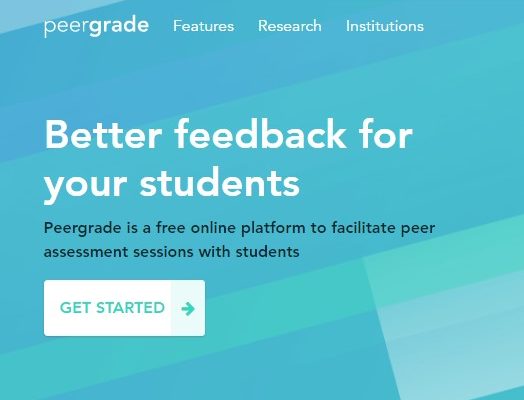A Vision for the Future of Virtual Reality in Education

Virtual Reality (VR) is slowly taking over our entertainment industry. But what are the implications for other areas of our lives, such as business, health, and even…education?
While the educational realm generally takes longer than anyone else to embrace new technology, VR brings many implications for the schools of tomorrow.
Here are some ways in which VR might change the face of education in the future.
Experiencing “Real” Life
Students can get some idea of what life was like in ancient Rome through descriptive passages in a textbook, but this just doesn’t seem real to them. You could show them a video about the life of Syrian refugees, but it just won’t be the same as experiencing it.
Education as we know it today often falls short of presenting students with hands-on experiences. What if you could take your students right now on an immigrant ship as it arrives on Ellis Island? What if you could put them deep in the ocean to observe the habits of marine life firsthand? VR has the potential to bring these experiences to life for them and give them a deeper, more authentic understanding.
More Empathy
The bubonic plague. The Holocaust. The rigorous lives of the early American pioneers. We want our students to learn more than mundane facts and dates about these events. We want them to develop the capacity to feel what others feel and to empathize. Such empathy gives them a deeper and wiser perspective on events in the world today, and they cannot get this simply by reading a textbook or writing an essay.
Help for Struggling Students
Traditionally, it has always been challenging to deliver a quality educational experience to students with special needs. With VR, such students have a way to easily access deep learning regardless of their developmental or cognitive challenges. Virtual Reality levels the playing field, giving the same learning opportunities to all.
Imparting More Relevance in Traditional Learning Experiences
VR experiences can inform and enhance more traditional learning activities. A student who needs to write an essay about a Shakespearean play will gain a deeper perspective by experiencing the play virtually. If your class is learning a language by corresponding with a class from another country, this exchange can be more meaningful after witnessing life in the target culture first-hand.
Initially, Virtual Reality may be slow to take off in the educational sector. But once it does, it can offer our students an educational experience that has never been imagined before.






